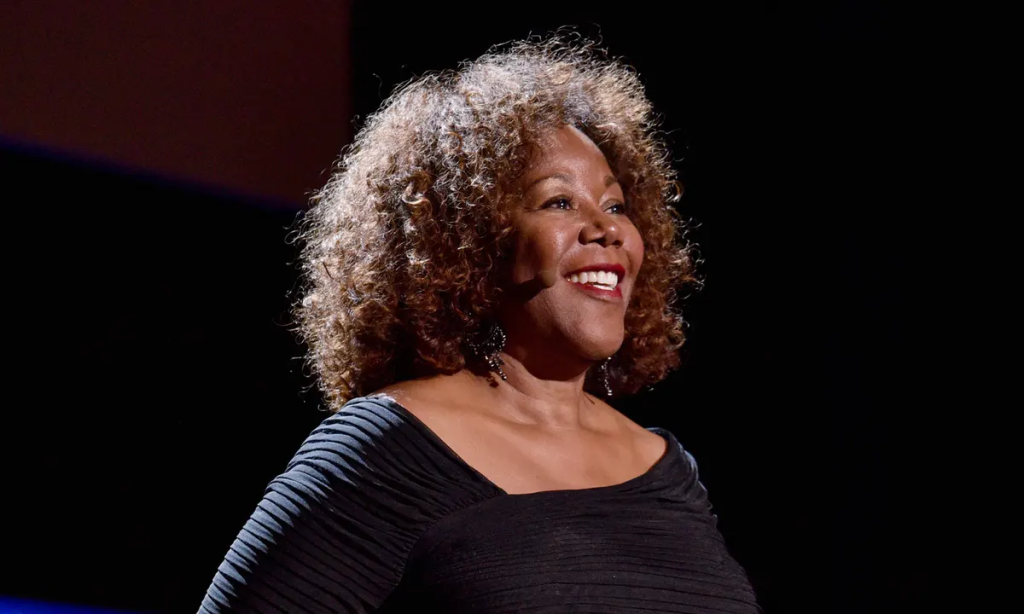Ruby Bridges Defends Legacy Against Censorship: ‘My Story Resonates with Children Worldwide’

Ruby Bridges, a pivotal figure in the US civil rights movement, has recently found herself at the center of controversy as some adults attempt to prevent grade-school students from accessing books and films that tell her story. The justification for this censorship, that the tale makes white children uncomfortable, has been rejected by Bridges herself as “ridiculous”.
In an interview with NBC’s Meet the Press, Bridges expressed her disbelief at the notion that her story would make certain children feel guilty. Instead, she emphasized that her biggest fans are children from all walks of life, resonating with her experiences of loneliness and pain. Bridges’ journey as the first Black child to integrate a school in Louisiana in 1960 has captured the hearts and minds of young readers worldwide, serving as a beacon of hope and inspiration for generations to come.
Despite her impact on history, Bridges has faced attempts to suppress her narrative. Complaints from parents led to the discontinuation of a 1988 made-for-TV movie about her in a school in Florida, and her autobiographical picture book, “I Am Ruby Bridges”, was included in a list of books that librarians could opt out of for book fairs.
Scholastic Books, the largest children’s book publisher in the US, defended this decision by citing concerns from conservative regions regarding books addressing race, gender, and sexuality. Additionally, groups such as Moms for Liberty have targeted Bridges’ works in their efforts to ban certain books from school curricula.
However, Bridges remains steadfast in her belief that history should not be altered or concealed. She views history as sacred and believes in the importance of sharing the truth, even if it is uncomfortable for some.
Bridges’ iconic image, immortalized in Norman Rockwell’s painting “The Problem We All Live With”, symbolizes the bravery and resilience of those who have fought for educational equality. Her legacy lives on through her foundation dedicated to promoting tolerance and change through academic education.
Today, the school that Bridges integrated, William Frantz elementary, is a stop on Louisiana’s Civil Rights Trail. It serves as a reminder of the progress that has been made and the work that still needs to be done in the ongoing fight for equality in education.
In conclusion, Ruby Bridges’ story serves as a powerful reminder of the importance of confronting uncomfortable truths and standing up for justice, even in the face of adversity. As we continue to navigate challenges in education and society, her courage and resilience continue to inspire us all.





Leave a comment